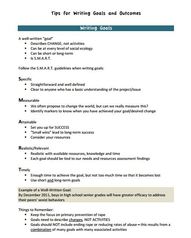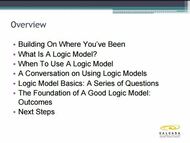
The Perfect Shade of Change, National Sexual Violence Resource Center
This information packet provides guidance to administrators and supervisors hiring and planning for prevention, to work more effectively toward the goal of eliminating sexual violence in their communities. Includes core competencies, sample job description, etc.
This information packet provides guidance to administrators and supervisors hiring and planning for prevention, to work more effectively toward the goal of eliminating sexual violence in their communities. Includes core competencies, sample job description, etc.

Core Competencies of SV Prevention Practitioners. National Sexual Violence Resource Center
This is part of the above toolkit, but perhaps the most important item – a guide to core competencies to either hire for or train for within prevention.
This is part of the above toolkit, but perhaps the most important item – a guide to core competencies to either hire for or train for within prevention.

Tips for Writing Goals and Outcomes, CALCASA
This guideline will assist educators in composing well written goals by following the S.M.A.R.T. guidelines: specific, measurable, attainable, realistic/relevant, and timely.
This guideline will assist educators in composing well written goals by following the S.M.A.R.T. guidelines: specific, measurable, attainable, realistic/relevant, and timely.

Using Logic Models for Planning Primary Prevention Programs, CALCASA
This recorded web conference introduces logic models as a tool for program planning. The information provided will enable educators to describe the role of logic models in program planning and evaluation and know how to use logic models to streamline and improve prevention programming. In addition, here's an example of a completed logic model for reference.
This recorded web conference introduces logic models as a tool for program planning. The information provided will enable educators to describe the role of logic models in program planning and evaluation and know how to use logic models to streamline and improve prevention programming. In addition, here's an example of a completed logic model for reference.
Looking for the Maine Coalition Against Sexual Assault? Head to mecasa.org. |

